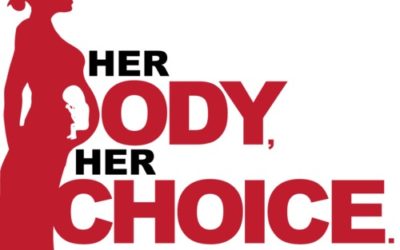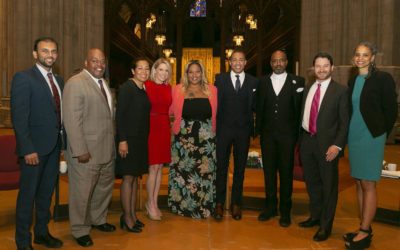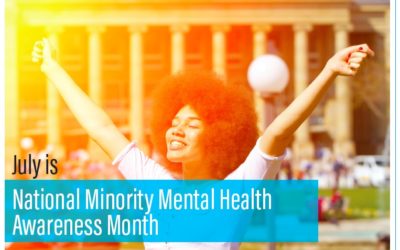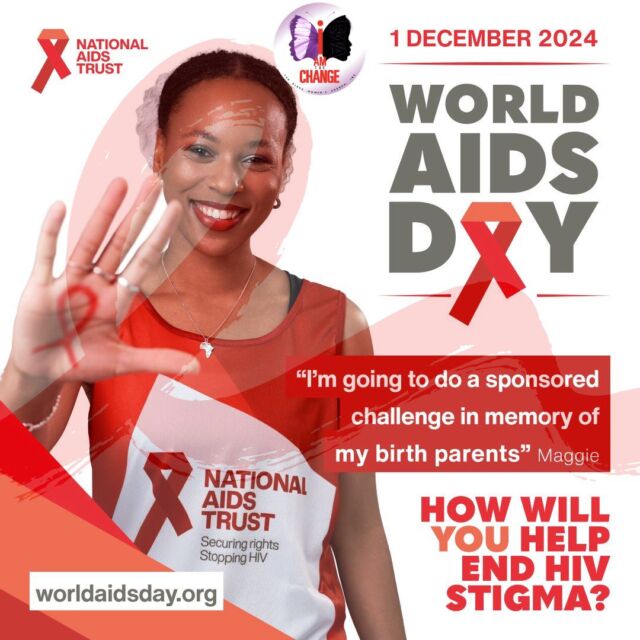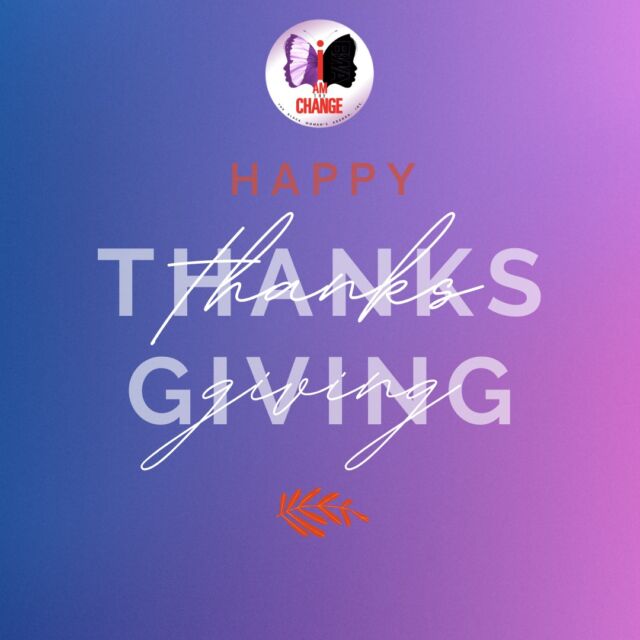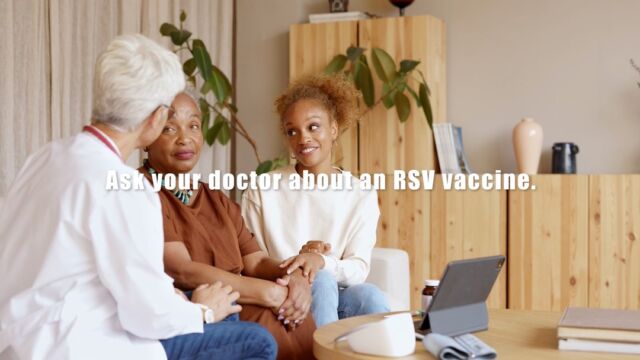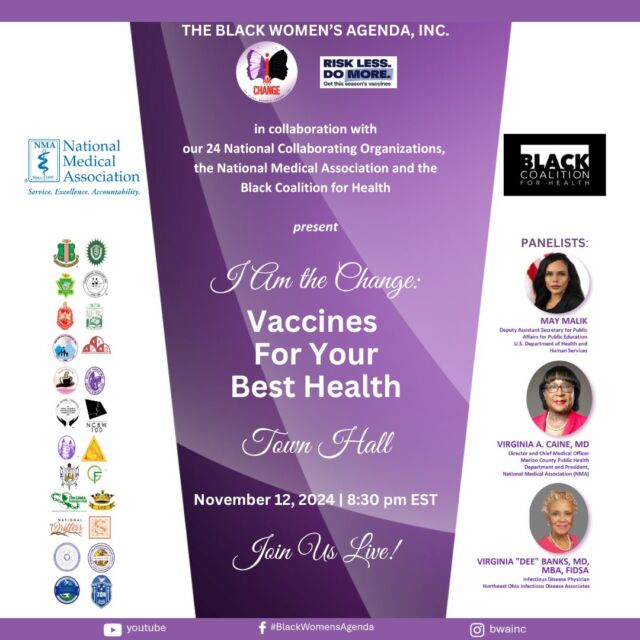LOVE LETTERS: THE GIFT THAT KEEPS ON GIVING
How does one repay the affection and attention that our family members have lavished upon us? We can’t – but we can ensure that we are prepared if the time comes that our loved ones can no longer take care of themselves and need our help. Why? Simply, Because We Care.
Experts tell us that by the year 2020, the United States will need more caregivers than teachers due to our rapidly aging population. Along with Hispanics, African Americans have the highest reported prevalence of caregiving. Ethnic minorities also provide more care, use less formal services, and subsequently report worse health than their White counterparts. The need to provide care to a loved one often comes without warning, and both receiving and providing care can have major legal, economic and health implications for the entire family.1
In March 2014, The Black Women’s Agenda, Inc., and its National Collaborating Organizations launched Because We Care – an initiative in collaboration with AARP which featured a series of free forums that provide Black women and their families with the resources and tools to take better care of their loved ones and themselves. Recently, the organization expanded this initiative to introduce “Love Letters” a critical information template that helps families begin the conversation on providing and receiving care.
BWA encourages you to give yourself and your loved ones an invaluable gift – resolve to broach the subject of caregiving with your family and those close to you, again simply Because We Care.
For additional information on preparing to give or receive care, please click on the “Because We Care” or “Conversations on Caregiving” tabs on this website.
♦♦♦
1 Dilworth-Anderson, P., Williams, I.C. and Gibson, B.E. (2002). “Issues of Race, Ethnicity and Culture in Caregiving Research: A 20-year Review (1980-2000). Gerontologist, 42(2), 237-272.
OTHER NEWS
AN OPEN LETTER TO THE UNITED STATES CONGRESS
Founded in 1977, The Black Women’s Agenda, Inc. is a national organization with a mission of educating and protecting the rights of African American women and their families, and represents more than 3 million women.
This Open Letter is being sent in support of women throughout the United States and the World. We understand the importance of recognizing the “person-hood” of women and their complete dominion over their bodies, including matters of pregnancy and reproductive health.
The Spirit of Change Town Hall
On Saturday, May 18, 2019, The Black Women’s Agenda, Inc. (BWA) hosted faith leaders, activists, elected officials, journalists, and a multicultural audience from across the political spectrum today for Spirit of Change, a frank and expansive town hall conversation, moderated by ABC News Anchor and Correspondent T.J. Holmes, on some of the nation’s most pressing issues, at Washington National Cathedral in the nation’s capital.
July is National Minority Mental Health Awareness Month
In 2008, the US House of Representatives designated July as Bebe Moore Campbell National Minority Mental Health Awareness Month, which is now known as National Minority Mental Health Awareness Month.
The Agency for Healthcare Research and Quality (AHRQ) reports that “racial and ethnic minority groups in the U.S. are less likely to have access to mental health services, less likely to use community mental health services, more likely to use emergency departments, and more likely to receive lower quality care. Poor mental health care access and quality contribute to poor mental health outcomes, including suicide, among racial and ethnic minority populations.”
No feed found with the ID 1. Go to the All Feeds page and select an ID from an existing feed.
© 2025 The Black Women’s Agenda, Inc. All Rights Reserved. Privacy Policy

